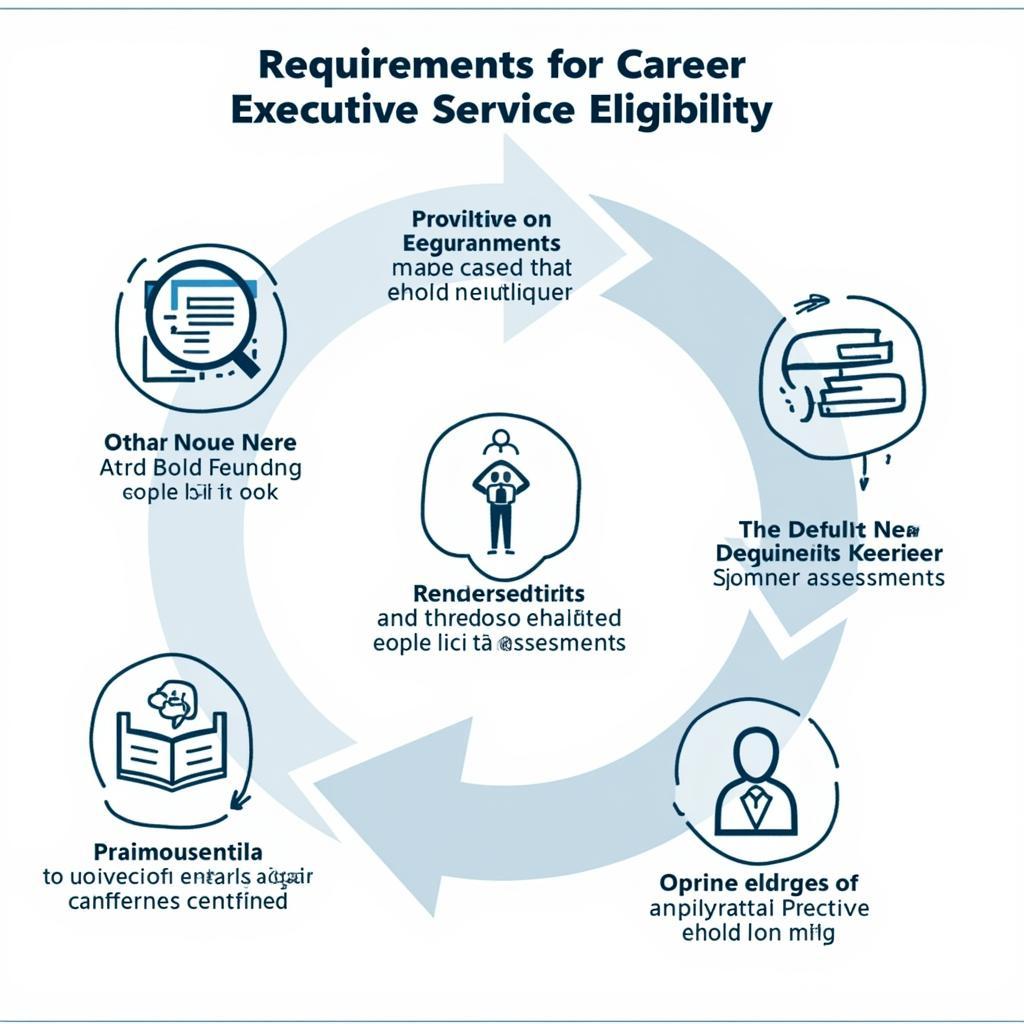Does Diesel Car Mileage Increase After First Service?
Many new diesel car owners wonder if their fuel efficiency will magically improve after that initial service visit. While a service won’t work miracles, it can play a role in optimizing your diesel engine’s performance, potentially leading to better mileage. Let’s explore the relationship between your diesel car’s first service and its fuel economy.
Understanding the First Service
Your diesel car’s first service, usually scheduled between 1,000-1,500 miles or 1 month to 3 months, is crucial. It’s more than just an oil change; it’s a comprehensive checkup where technicians inspect vital components and ensure everything is running smoothly. This initial service allows them to identify and address any potential issues early on, which can contribute to better long-term performance and, yes, potentially better fuel economy.
 Diesel Engine Inspection
Diesel Engine Inspection
Factors Influencing Diesel Mileage
Before we delve into the connection between servicing and mileage, let’s understand the key factors influencing diesel fuel economy:
- Engine Break-In: New engines have components that need to “wear in” together. During this break-in period, you might experience slightly lower fuel efficiency.
- Driving Style: Aggressive acceleration and braking can significantly impact your mileage. Smooth driving habits generally translate to better fuel economy.
- Traffic Conditions: Stop-and-go traffic is less fuel-efficient than steady highway driving.
- Tire Pressure: Under-inflated tires create more rolling resistance, forcing your engine to work harder and consume more fuel.
- Vehicle Load: Carrying heavy loads or towing significantly increases engine load, leading to reduced fuel efficiency.
How the First Service Can Impact Mileage
While the first service alone won’t dramatically boost your mileage, it sets the foundation for optimal engine performance. Here’s how:
- Fresh Oil: New engine oil, with its optimal viscosity and lubricating properties, reduces friction between moving parts, allowing the engine to operate more efficiently and potentially improve fuel economy.
- Filter Replacements: Replacing clogged air and fuel filters ensures a clean flow of air and fuel to the engine, promoting efficient combustion and better mileage.
- Early Problem Detection: The first service can identify issues like a misaligned wheel, a faulty sensor, or a minor engine problem. Addressing these problems promptly can prevent them from escalating into bigger issues that negatively impact performance and fuel economy.
Realistic Expectations: It’s Not a Magic Fix
It’s essential to have realistic expectations. While the first service can contribute to improved fuel economy, it’s not a guarantee of a dramatic increase in mileage. The impact of the service on mileage is often subtle and might not be immediately noticeable.
“Think of the first service as laying the groundwork for your car to perform its best,” says Jake Carter, a senior automotive technician with over 15 years of experience. “It’s about ensuring all components are working in harmony. This can lead to better fuel efficiency over time, but it’s not just about that one service. Regular maintenance and good driving habits are equally important.”
Tips for Improving Diesel Car Mileage
Here are some additional tips to help maximize your diesel car’s fuel efficiency:
- Drive Smoothly: Avoid harsh acceleration and braking.
- Maintain Proper Tire Pressure: Check your tire pressure regularly and inflate them to the recommended level.
- Reduce Vehicle Load: Don’t carry unnecessary weight.
- Plan Your Routes: Opt for routes with less traffic whenever possible.
- Use Cruise Control: On long highway drives, cruise control can help maintain a consistent speed, which can save fuel.
Conclusion
So, does diesel car mileage increase after the first service? It can, but don’t expect a night-and-day difference. The first service plays a vital role in ensuring your engine is in tip-top shape, which can positively influence fuel economy over time. Remember, consistent car care and mindful driving habits are crucial for optimizing your diesel car’s performance and fuel efficiency in the long run.
FAQs
1. When should I schedule my diesel car’s first service?
Refer to your owner’s manual for the recommended first service interval. It’s typically between 1,000-1,500 miles or 1 month to 3 months.
2. What’s included in a basic diesel car service?
A basic service usually includes an oil and filter change, air filter replacement, and a comprehensive inspection of various components.
3. Will my diesel car’s mileage improve dramatically after the first service?
While the first service contributes to optimal performance, don’t expect a drastic increase. The impact on mileage is often gradual.
4. What else can I do to improve my diesel car’s mileage?
Adopt fuel-efficient driving habits, maintain proper tire pressure, reduce vehicle load, and plan routes with less traffic.
5. Is regular maintenance important for diesel car mileage?
Yes, regular servicing keeps your engine running efficiently, which can positively impact fuel economy over time.
Want to know more about diesel car maintenance costs? Check out our article on how much does it cost to service a diesel car.
For a deeper understanding of basic car service essentials, read our guide on what is a basic car service.
If you have more questions or need expert assistance with your car maintenance, don’t hesitate to reach out! Contact our 24/7 customer support team via WhatsApp: +1(641)206-8880 or Email: [email protected].

